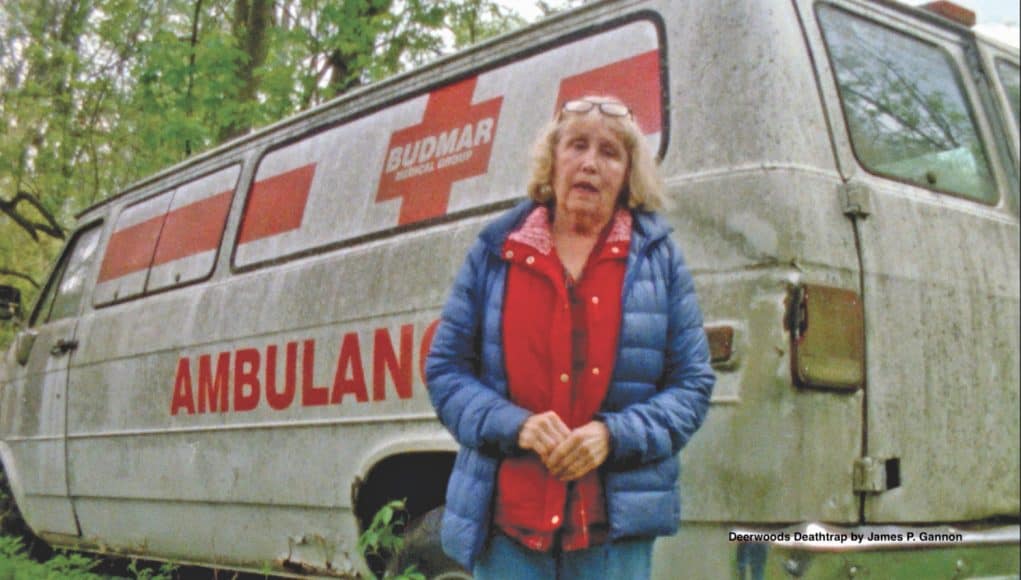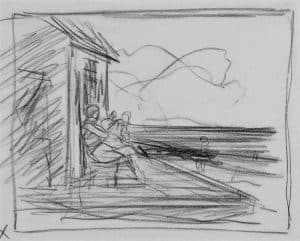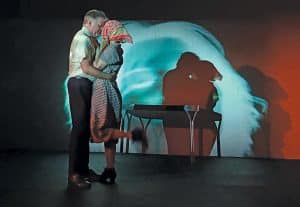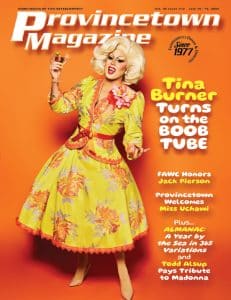Review: by Rebecca M. Alvin
In Too Great to be Good: An Argument That 3rd Cinema Still Exists, in the space of just over five minutes, filmmaker Jonathan Isaac Jackson manages to draw our attention to the experiences of being a Black filmmaker by exploring both minute everyday experiences with larger systemic beliefs and systems of privilege. And these concerns come across clearly and concisely through anecdotes, fragments of conversations, as well as remarkable black and white film footage layered and edited to the song of the same title by Perk & Cash Epics, creating an audiovisual space that is at once in the present and reminiscent of the past. The mostly off-camera voices talk about coming up against white privilege as a director working with a white cinematographer in ways that I couldn’t help identify with as a female filmmaker who has worked with male crews. Another talks about a white director directing Denzel Washington versus how he would do it. And another still, an African-American woman says plainly, “I just want to make films.” The subtlety of micro-aggressions and sense of privilege are the backdrop on many sets led by non-white, non-male directors and Jackson brilliantly puts this across through economical, but thoughtful clips of dialogue, all the while doing so with evocative images cut together with shots of everyday life. The film is one of four included in this film event curated by Shaina Feinberg, “Beyond the Screen: A Celebration of Films that Break the Fourth Wall.”

by Jonathan Isaac Jackson
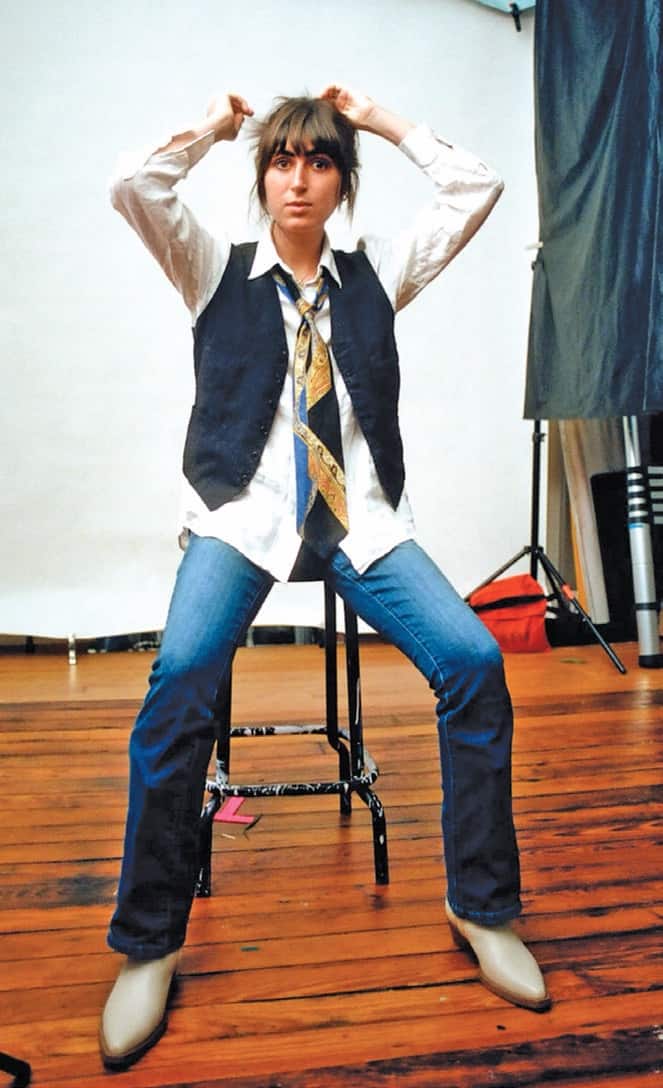

Too Great to be Good rarely “breaks the fourth wall” in the traditional sense of direct confessional to the camera, but it breaks it by acknowledging itself as a film and making the subject of the film making films. In the documentary world these films are often put together as “personal docs” or “experimental documentary.” What’s interesting here is Feinberg brings together films that each break the fourth wall in their own ways, and each in very different approaches, demonstrating the many ways of approaching nonfiction film. Feinberg’s own film, Is That How I Look? examines the director’s body dysmorphic disorder (B.D.D.) as well as that of Nafé, a French-Algerian friend of hers as they talk to one another about their shared struggle. Feinberg uses personal voice-over narration as a primary tool of breaking the fourth wall in this interesting film that delves into the two women’s B.D.D. to reveal deeper connections than the obvious connection of gender and sexism with body image, such as internalized racism and antisemitism. And yet the tone of the film is curiously light, possibly even triumphant as the women openly discuss their anxieties on and off camera.
While there is a lightness to Is That How I Look?, Deerwoods Deathtrap is even more surprising in its humorous treatment of otherwise serious subject matter. Here we have on-camera interviews with Betty and Jack, the parents of the film’s director, James P. Gannon. The nine-minute short is about an incident 50 years ago when Betty, Jack, their four-year-old son, infant daughter, and elderly mother drove onto rarely used train tracks and were hit by a train. Remarkably everyone in the car survived. That could be a wild story at a dinner party, but what makes this film interesting is the dynamics between the couple whose memories of the event don’t always line up. They are hilarious in their dead-pan revelations that seem to carry almost no emotion at all and in the quiet conflict between them that leaks out precisely because of the director’s interview style with his parents. They look at the camera and speak to us directly, breaking that fourth wall in a classic sense.
Finally, Alex Stergiou’s powerful exploration of the coming-out process, The Act of Coming Out uses the audition process to delve into the various aspects of this simultaneously painful and liberating process for LGBTQ individuals. Here again, the participants speak directly to us, as they are performing for an audition. The director questions them during the process, not only directing them for the audition but trying to get at their own personal experiences coming out, or, as the case sometimes is, not coming out. In these discussions, we hear pain and victory, we hear about what they were hoping for and how the reality turned out. It’s a strong piece, again, unfolding over just about 11 minutes and utilizing the technique of hybrid documentary—performance and real life combined—to reach us in multiple ways, because sometimes performance is more meaningful and sometimes it’s real-life conversations that show us more about the human condition.
While it’s true all four films explore their subject matter incorporating fourth-wall-breaking approaches, perhaps the more compelling to look at how deflty all four are edited, how economical their structures are, how they make use of a fraction of the time allowed to mainstream movies and manage to tell us more in those few minutes than many filmmakers can express in a two-hour feature.
Beyond the Screen: A Celebration of Films that Break the Fourth Wall will be presented at Waters Edge Cinema, 237 Commercial St., 2nd Fl. as part of the Twenty Summers season on Sunday, May 28, 4 – 5 p.m. Curator and filmmaker Shaina Feinberg will be present for a Q&A about all of the films after the screening. For tickets ($20 suggested donation) and information visit 20summers.org/season-ten.

